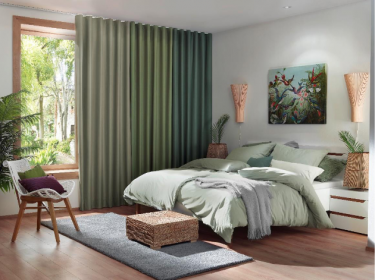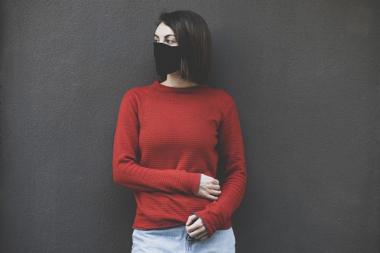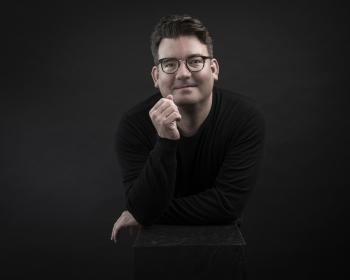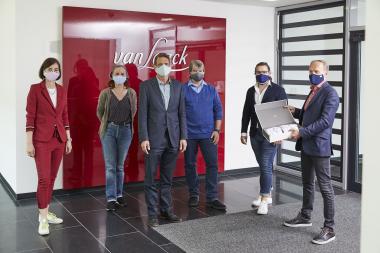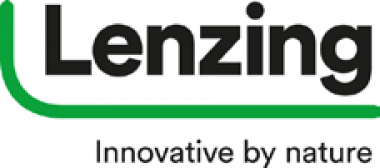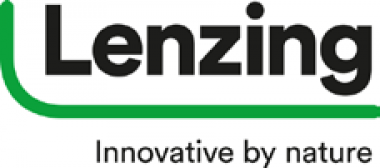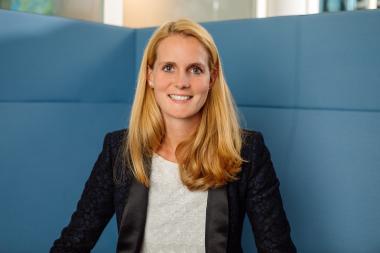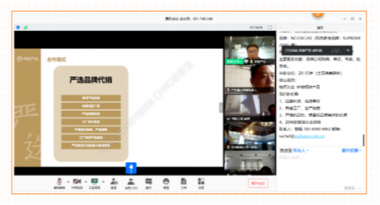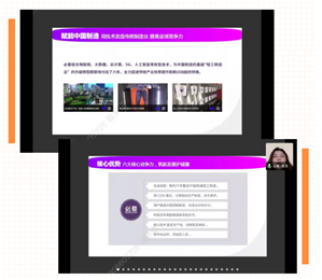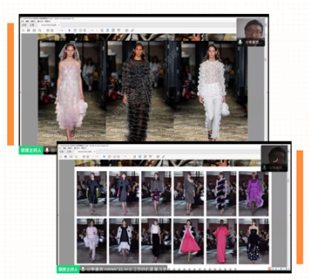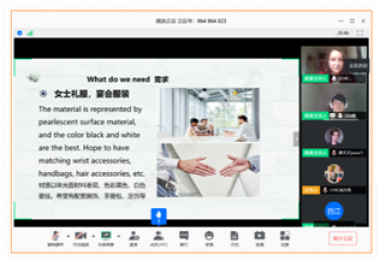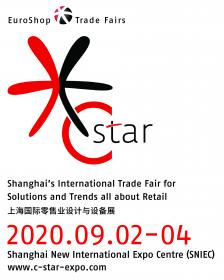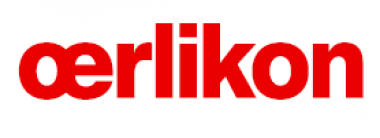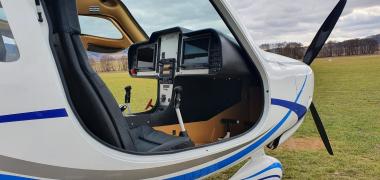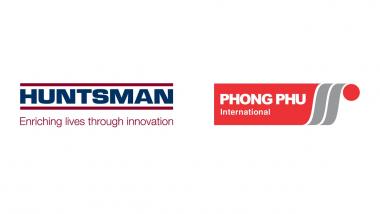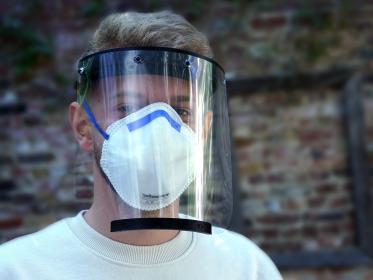drapilux: drapilux 170 ist Empfehlung des Monats
Inspirierendes Interieur
Textilien sind untrennbarer Teil des Interieurs, denn sie geben einem Raum Atmosphäre und eine gute Akustik.
Die drapilux-Empfehlung dieses Monats ist Artikel drapilux 170 und richtet sich an klassische und moderne Hotels.
Elegantes Multitalent: drapilux 170
Der neue Blackout drapilux170 ist ein Allrounder für klassische und moderne Hotels. Mit perfekter Verdunklung sorgt er für eine erholsame Nachtruhe. Zudem ist er dank seiner leichten Struktur und zurückhaltenden Farbgebung vielseitig einsetzbar. Die insgesamt 17 Kolorits umfassende Farbpalette ist im naturnahen und Non-Colour-Bereich gehalten
drapilux
schönknecht : kommunikation


